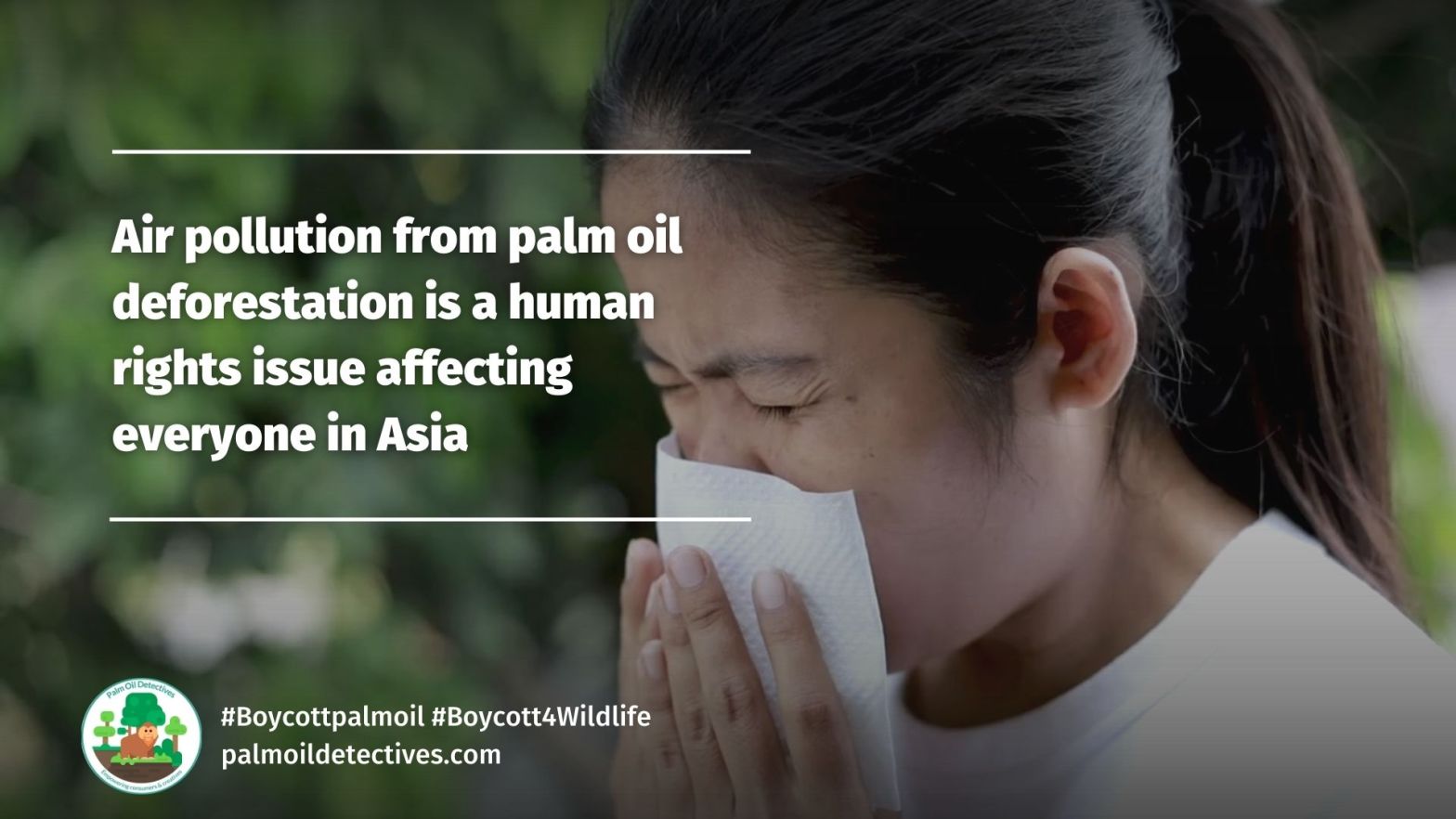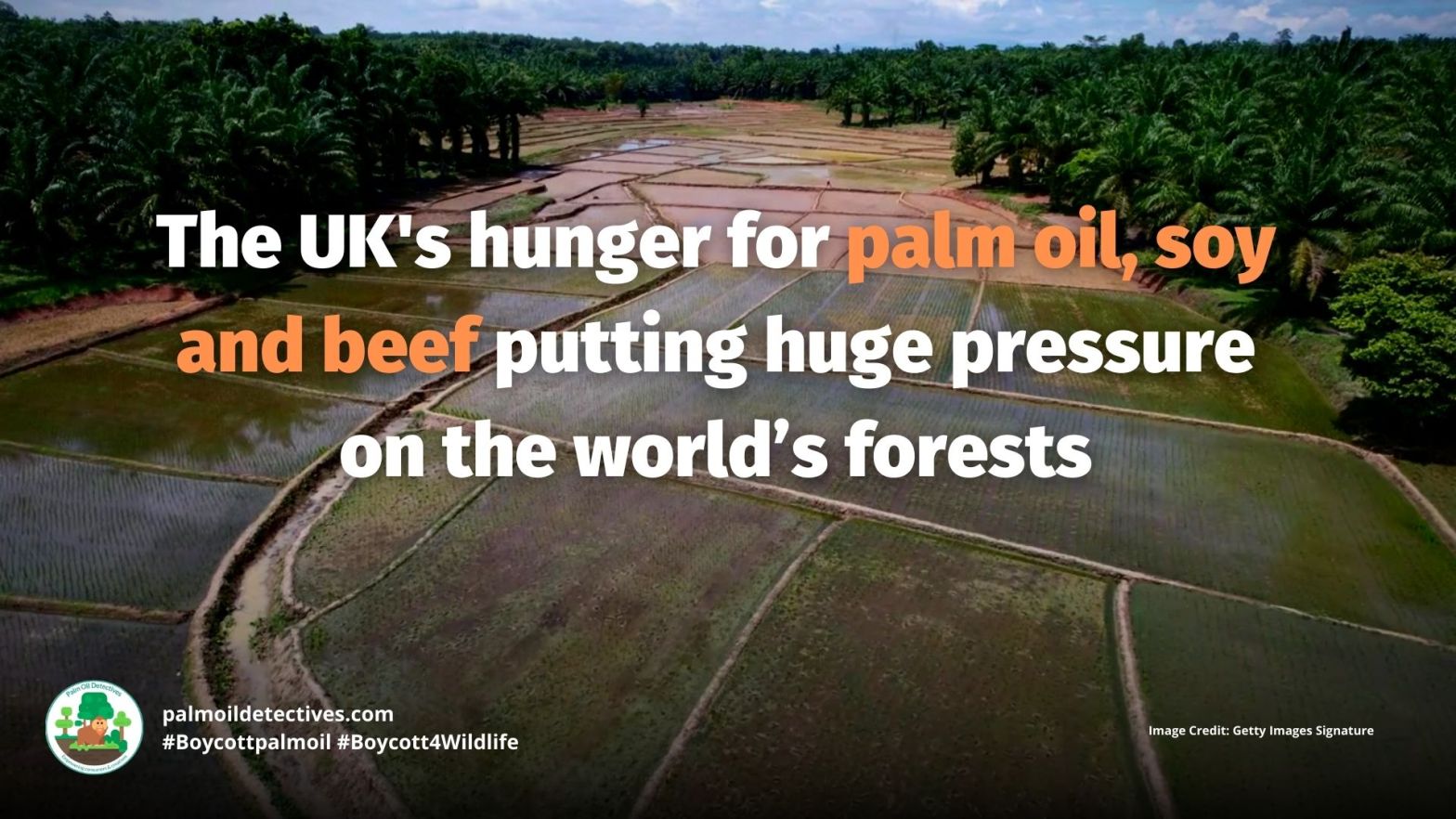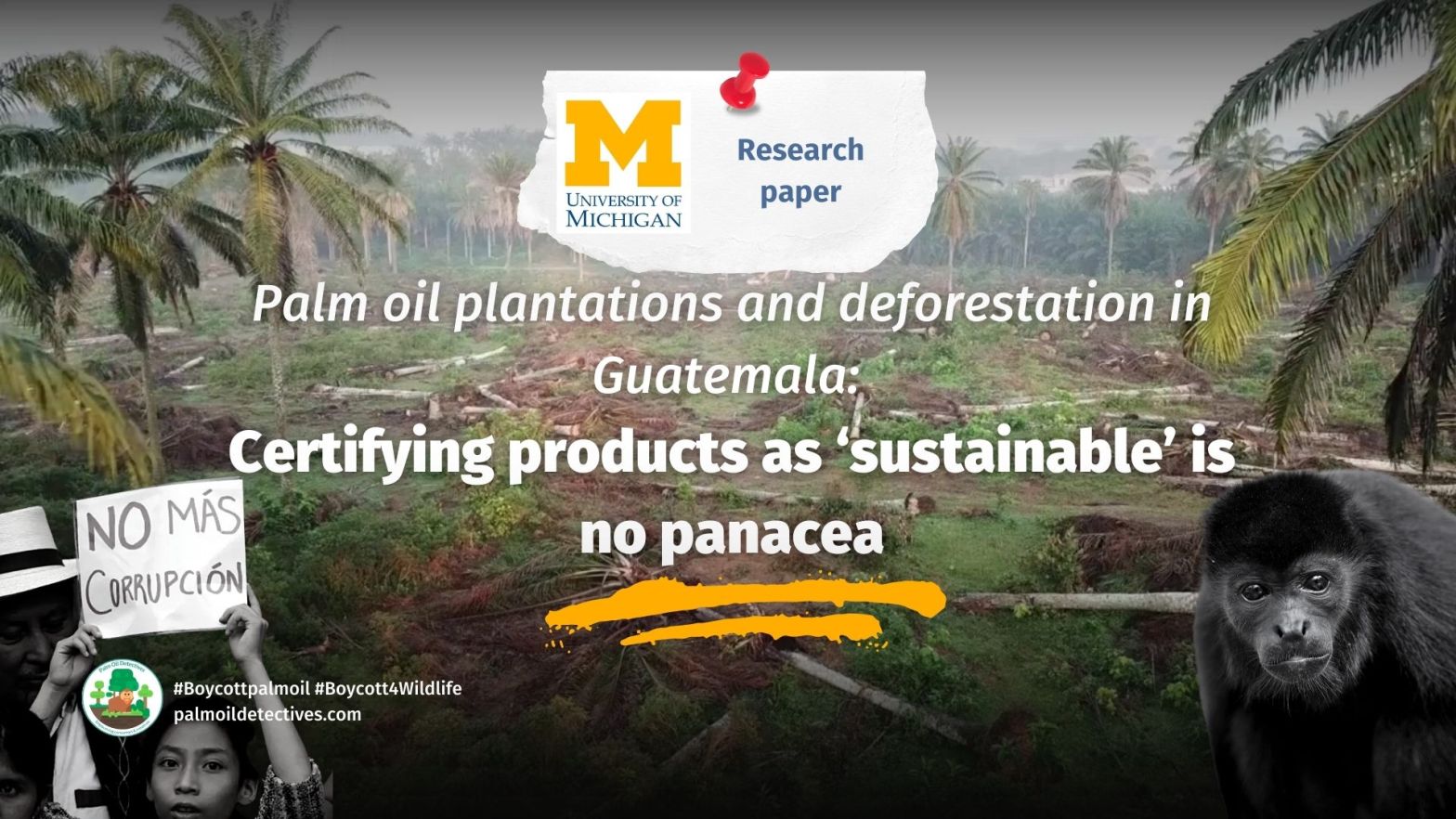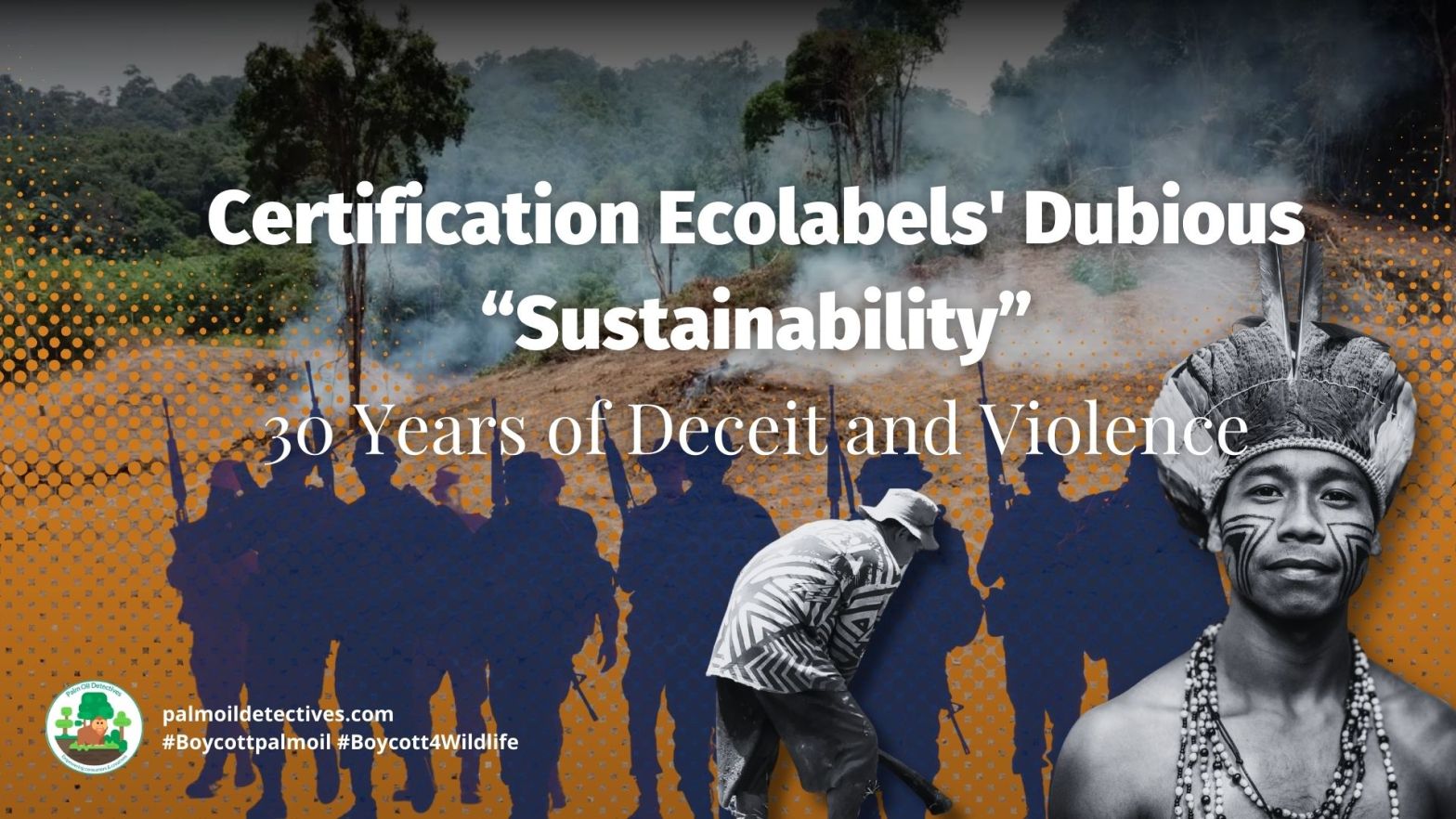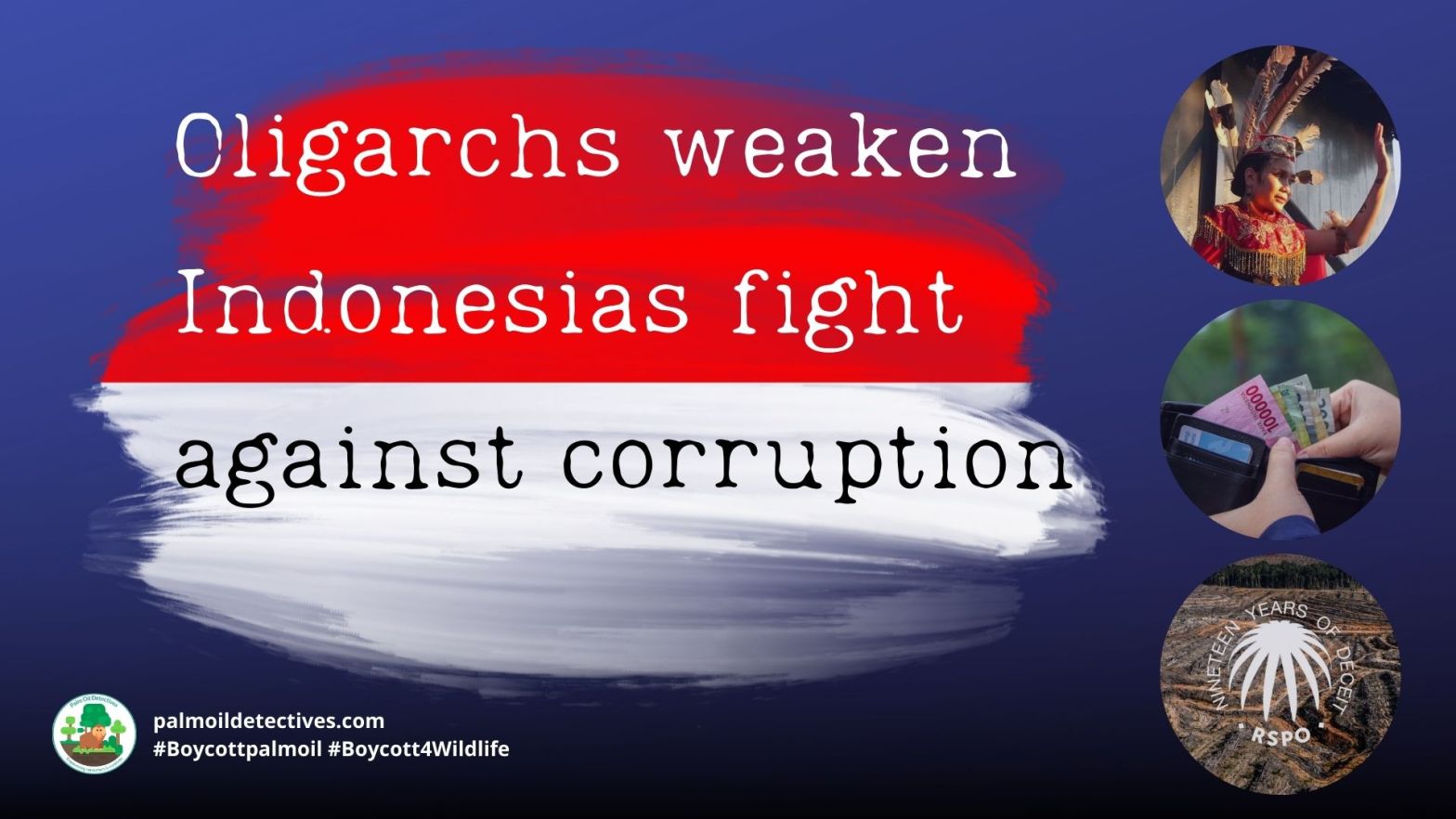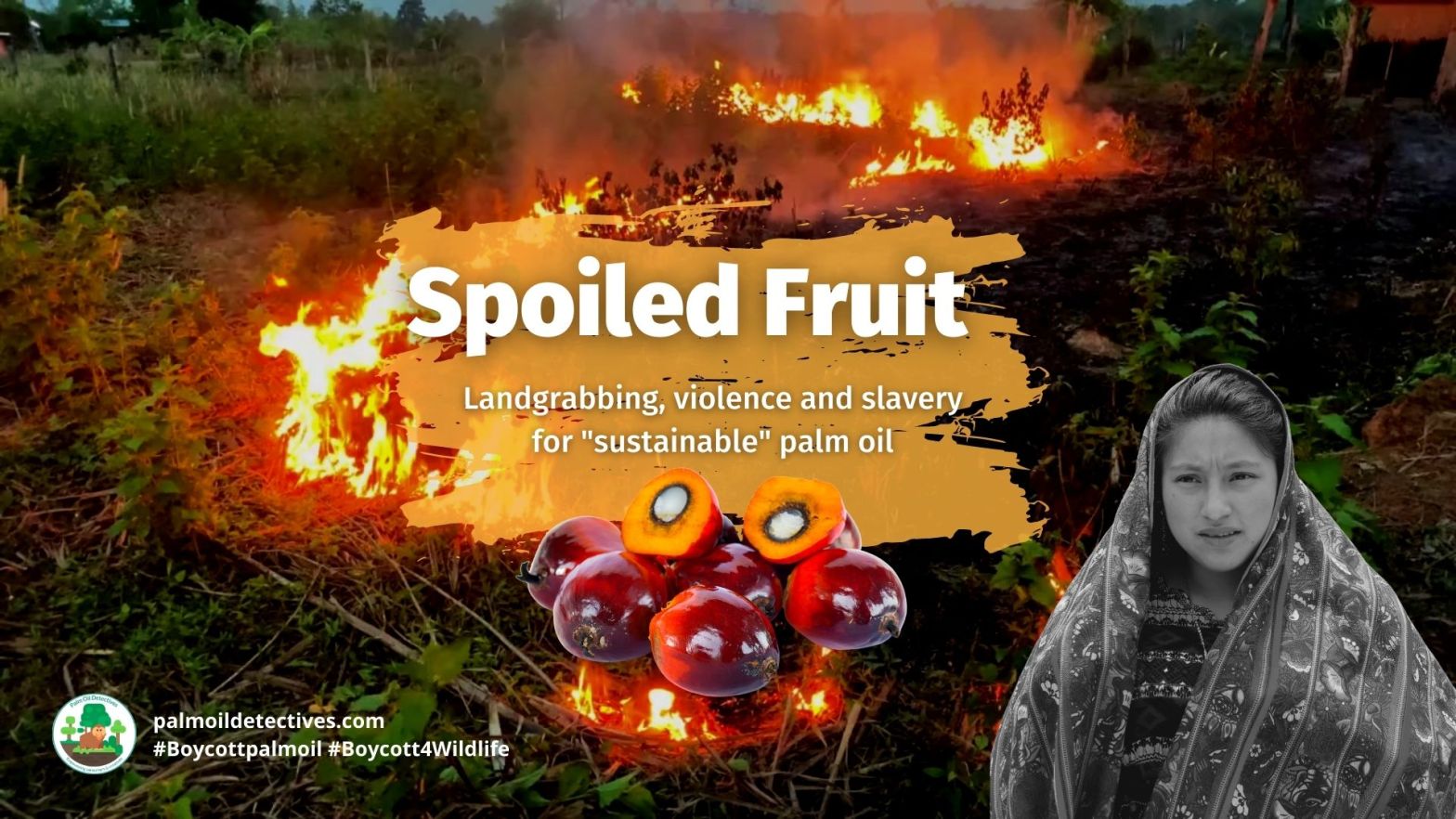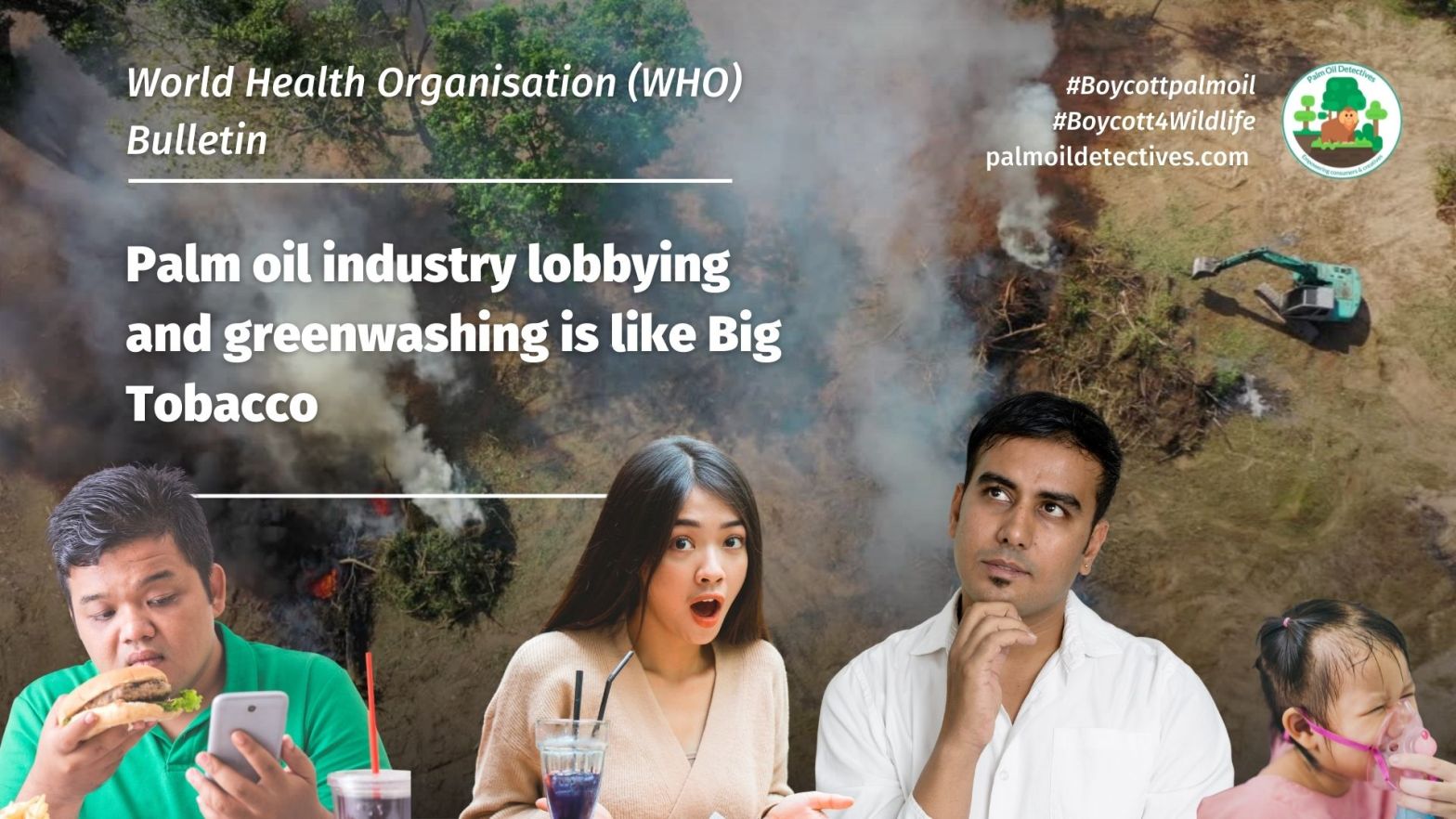With controversial law reform, an election and a ban on deforestation palm oil in EU – In 2023, Indonesia’s government is set to ratchet up greenwashing, propaganda and misinformation on social media.
But the biggest propagator of disinformation seems not to be political renegades, but the Widodo administration. Fuelled by a well-resourced propaganda machine, the government is ready to fight dirty to win over public opinion.
Story via 360Info.org.
Written by By Ika Idris, Monash University Indonesia, Laeeq Khan, Ohio University, and Nuurrianti Jalli, Northern State University in Tangerang. January 16 2023 for 360Info.org. Dr Ika Idris is an associate professor at Public Policy & Management, Monash University Indonesia. Her works focus on government communication, misinformation, and the internet’s impacts on society. Republished here with a Creative Commons Licence.
#Boycottpalmoil #Boycott4Wildlife

